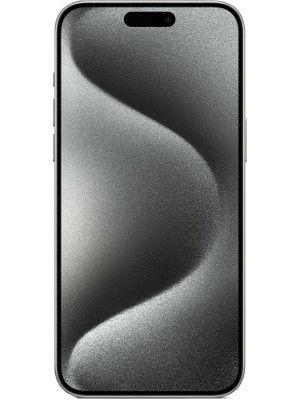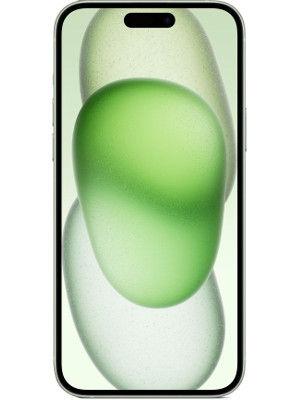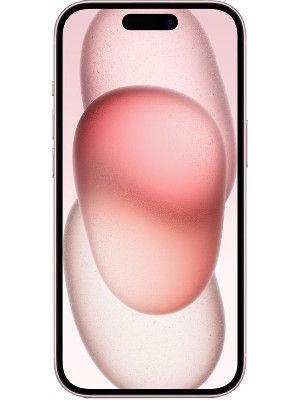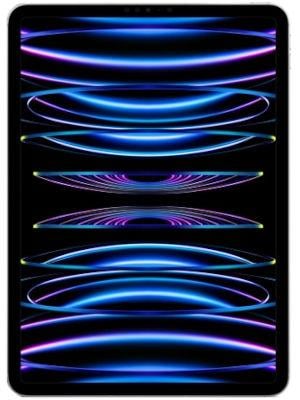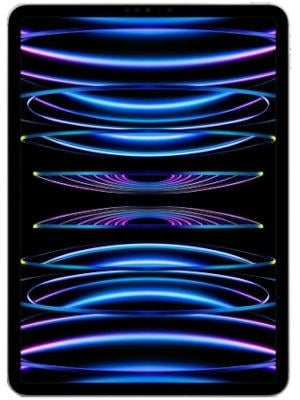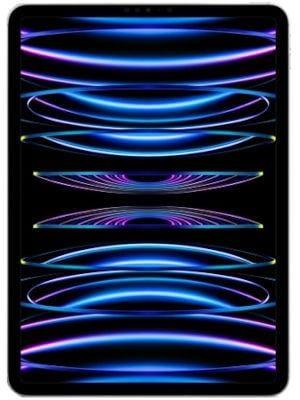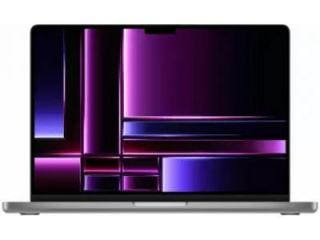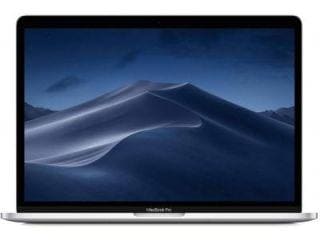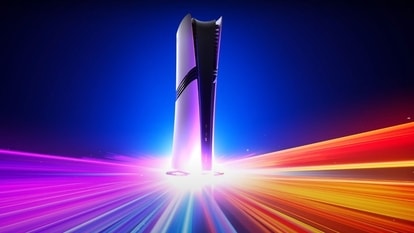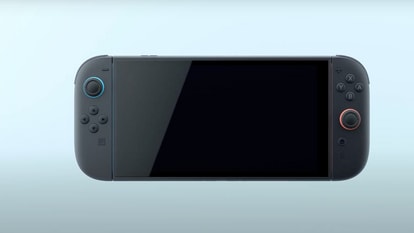Qualcomm gets second shot at seeking iPhone import ban in US
The U.S. International Trade Commission would issue a final decision February 19.
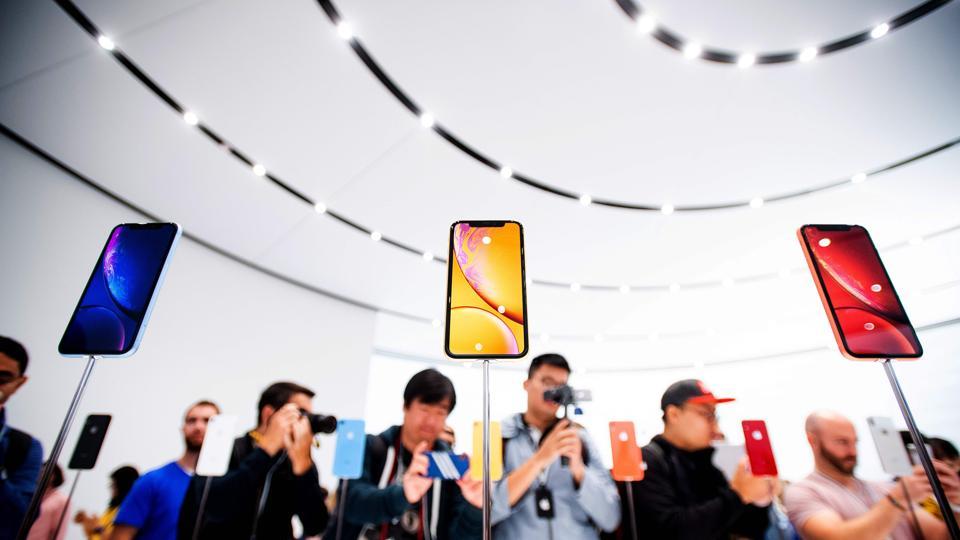
Qualcomm Inc. persuaded a U.S. trade agency to consider banning imports of Apple Inc. iPhones that use Intel Corp. chips, though the agency appeared to be grappling with ways to forge a compromise that would protect America's dominance in the next generation of phone technology.
The U.S. International Trade Commission said Wednesday it would take a closer look at a recommendation by a judge in September that an import ban would hurt America's competitive edge in the development of the next generation of mobile technology, known as 5G. It also will look at the judge's finding that Apple infringed one of three Qualcomm patents in the case, though confirmed that two other patents weren't infringed.
Qualcomm and Apple both rose less than 1% in extended trading, building on their gains during the regular session.
The commission said it would issue a final decision February 19. In the meantime, it said it wants answers to the questions of how long it would take Apple to work around the patented battery-saving feature, whether a limited order could be crafted and what national security concerns would be implicated. It also wants more information on Intel's claim it would exit the market for high-end chips if an import ban is implemented.
ALSO READ: iPhone ban in China may push Apple, Qualcomm toward settlement
In seeking an import ban on certain iPhone models, Qualcomm is using the power of its patents to try to get leverage over Apple in licensing negotiations. Apple, which claims Qualcomm charges too much, has refused to pay anything for more than a year and has cost the chipmaker billions of dollars in profit.
The trade case is one of dozens around the world, with much of the focus on the U.S., Germany and China. On Monday, Qualcomm said a Chinese court issued a sales ban on certain Apple phones in the Asian nation.
Don Rosenberg, Qualcomm's general counsel, said the company was pleased that the U.S. agency would review the judge's recommendation.The commission was set up to protect U.S. markets from unfair trade practices, and its only power lies in the ability to prevent products from entering American borders. Typically, if it finds an importer is infringing a U.S. patent, it issues a ban. In rare instances, it has said the public interest is more important than the patent rights and the trade judge in this case recommended just such a finding.
The key issue is the competition between America and China when it comes to 5G. Even if the commission issues an import ban in its final decision, it could be vetoed by President Donald Trump's administration, which cited security concerns linked to China and 5G development in nixing a hostile takeover bid of Qualcomm by Broadcom Inc.
"It is obvious that the issue of national security should be a matter of pre-eminent importance in this investigation, especially when 5G development, innovation, control, and dominance will so dramatically affect competitive conditions in the U.S. economy in the long run," ITC Judge Thomas Pender said in his September findings. "If the commission does issue an exclusion order as Qualcomm requests, it will do so with the near certainty there will be real harm to the United States on a potentially very broad basis."
Pender found that the iPhones infringed one element of a Qualcomm patent, for a power saving technique, but not two patents for a power amplifier and for a graphics application. Each side asked the commission to review the portion of those findings that they lost.
Qualcomm makes the modem chips for older Apple phones and most other high-end mobile devices. It gets the bulk of its profits, however, from licensing its technology that underpins how the phones communicate.
The ban would affect the iPhone 7, iPhone 8 and iPhone X which contain Intel chips that work only on the AT&T and T-Mobile networks. Those models with Qualcomm chips can be used on any carrier network, while newer iPhones with Intel chips work on all networks.
Intel and Apple said that, without the ability to supply chips to its only customer, Intel is likely to exit the market altogether. Qualcomm said the judge's "unprecedented recommendation," would immunize Apple from any case brought before the trade agency.
The only other makers of premium baseband chipsets are Samsung Electronics Co. and Huawei Technologies Co., and both companies only supply chips for their own devices. Huawei has issues with claims it's a national security threat and Samsung is unlikely to help out an arch rival, leaving Apple with a choice between Qualcomm and Intel.
The case has garnered attention from a broad spectrum of organizations -- conservative groups say an Apple victory would show disrespect to property rights, while one representing software application developers say a Qualcomm victory would harm competition.
The dispute has split the technology industry along the usual fault lines that formed a decade ago during the so-called smartphone wars. IP Europe, a group including Ericsson AB, Nokia Oyj and the French government-backed France Brevet, said Qualcomm makes substantial technical contributions to 4G and 5G standards, but "Intel and Apple collectively make relatively few."
The Computer & Communications Industry Association, whose members include Google, Intel, Samsung and Nvidia Corp., said the trade case is part of Qualcomm's effort to "resume its effective monopoly over the baseband chipset market."
The case is In the Matter of Certain Mobile Electronic Devices, 337-1065, U.S. International Trade Commission (Washington).
Catch all the Latest Tech News, Mobile News, Laptop News, Gaming news, Wearables News , How To News, also keep up with us on Whatsapp channel,Twitter, Facebook, Google News, and Instagram. For our latest videos, subscribe to our YouTube channel.

